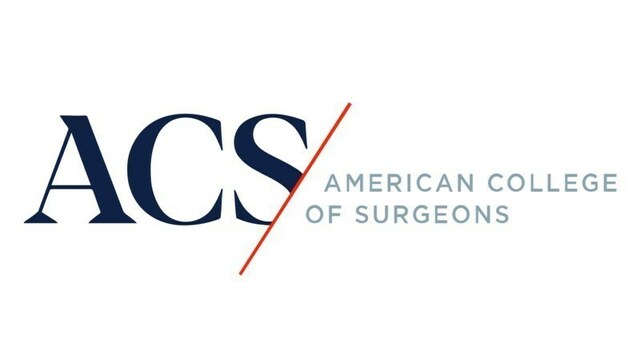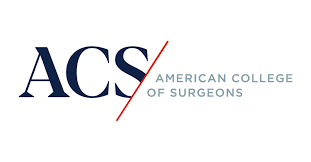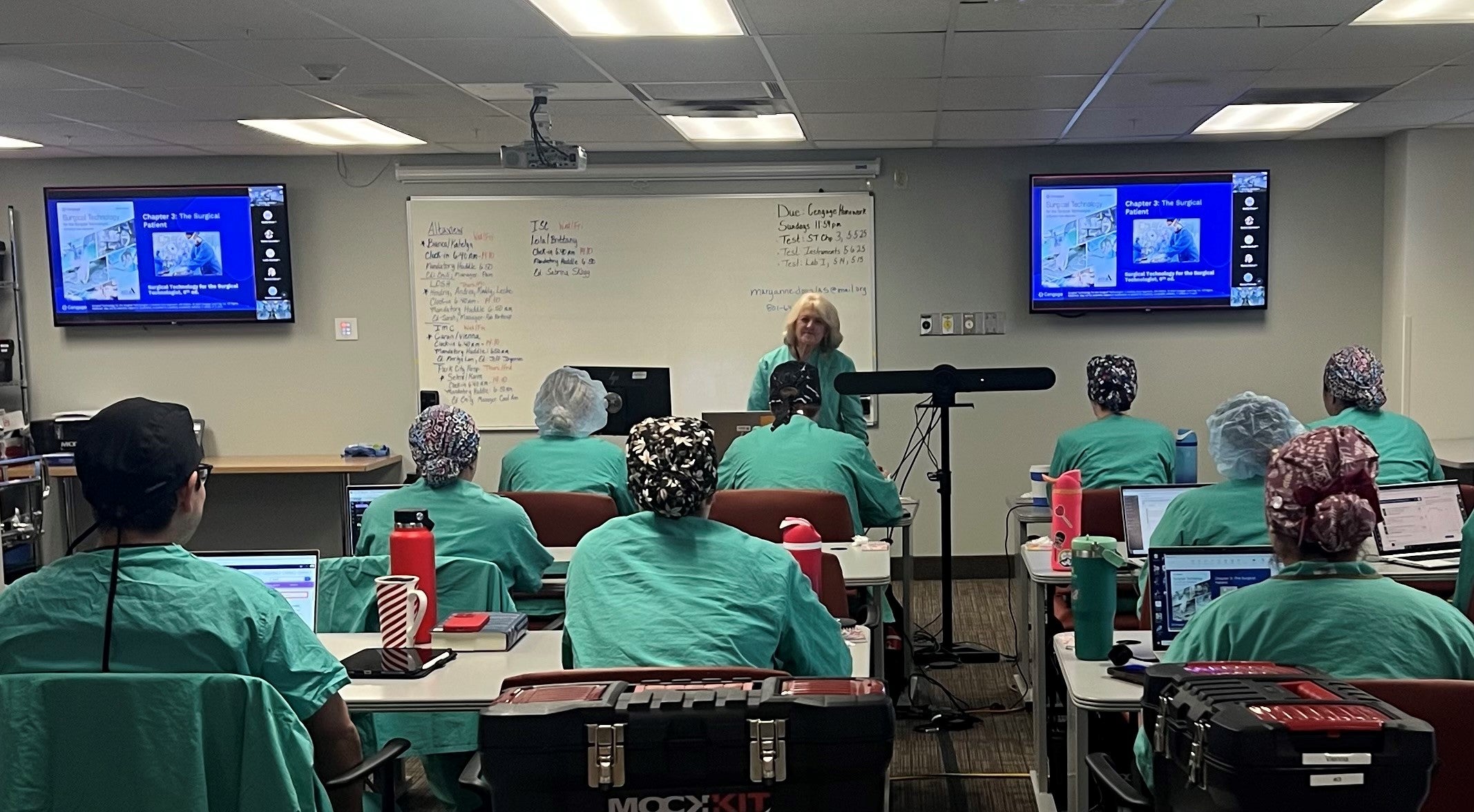The cover story of this month’s edition of The Bulletin, the monthly member magazine of the American College of Surgeons, describes the cost of robotic surgery as a “complex equation.” The article poses this question: “While research and surgeon experiences paint a positive trendline for use and outcomes of robotic-assisted surgery,…

In its January Bulletin, the American College of Surgeons (ACS) has published a review of what it calls “significant” updates to CPT coding, payment models, and physician reimbursement that have taken effect in 2026. Here’s what’s particularly on surgeons’ minds: “Coding changes for general surgery and related specialties.” ACS specifically…
A new article in ACS Bulletin, a publication from the American College of Surgeons (ACS), takes a deep dive into how the rapid adoption of artificial intelligence (AI) in healthcare settings is forcing the industry to “reimagine the future of surgery.” Dr. Lenworth Jacobs Jr., a professor of surgery at…

Editor's Note A newly developed framework could significantly strengthen the planning phase of small-scale surgical quality improvement (QI) projects, which often falter due to inadequate preparation, MedicalXpress October 16 reports. According to a report from the American College of Surgeons (ACS), published in the Journal of the American College of…

Editor's Note Hospitals that provide surgical care are closing faster than new ones are opening, deepening inequities in access to surgery for socioeconomically disadvantaged communities, American College of Surgeons October 3 reports. Closures not only disrupt care, but also deter many from seeking surgery altogether. Increased travel burdens and difficulty…

Editor's Note The American College of Surgeons (ACS) has launched a new online tool that helps patients and families locate hospitals recognized for delivering high-quality surgical care, according to an August 26 ACS announcement. The “Find a Hospital” tool highlights facilities that have earned ACS accreditation or verification through an…

Editor's Note Surgical quality leaders are pushing boundaries with new strategies that blend technology, frontline engagement, and national-local collaboration. That was the message from the American College of Surgeons (ACS) Quality and Safety Conference (QSC), held July 17–20, 2025, in San Diego, according to a September 10 ACS report. The…

Editor's Note The American College of Surgeons (ACS) has partnered with Lifesaving Technologies to expand access to emergency response equipment and training across the US, the ACS announced on September 3. The collaboration builds on the ACS Stop the Bleed program, which has already trained more than 5 million people…

Editor's Note The American College of Surgeons (ACS) has released updated Best Practices Guidelines for the Management of Genitourinary Injuries, providing trauma teams with evidence-based recommendations to improve outcomes for patients with injuries to the kidneys, bladder, ureters, urethra, and genitalia. According to an ACS August 26 news release, the…

Roughly 41,000 surgical procedures happen in the US every day. Each one depends on surgical technologists (STs), the professionals who prepare the OR, hand off instruments, and ensure a sterile environment to prevent infections that affect up to 3% of all patients. The profession’s importance is reflected in AORN’s recommended…